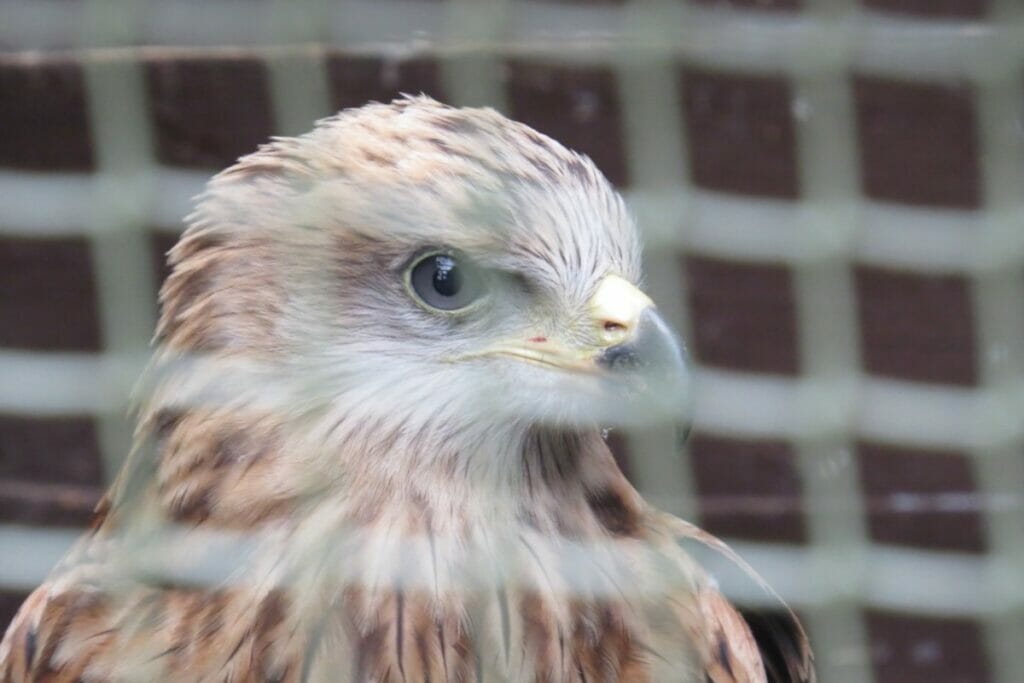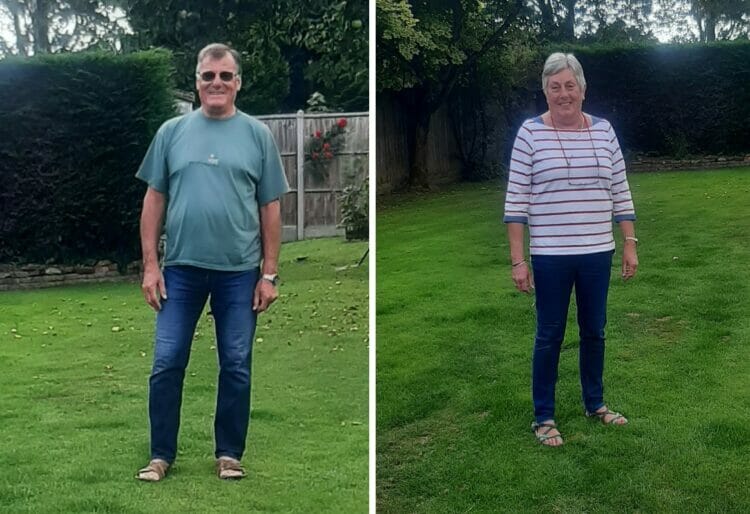A RETIRED couple have helped the University of Reading conduct a research project on red kites from their home in Tokers Green.
Hassan and Sue Omran, both aged 72, had made a habit of feeding the birds of prey for almost a decade. They reached out to researchers at the Universities of Reading and Roehampton, after hearing that they were investigating red kite-feeding trends in Reading and the surrounding areas.
Their favourite pastime started after they found an injured red kite back in 2015. It was unable to fly away, so Hassan took it home and contacted an organisation which supports birds of prey.
They were informed the bird had been suffering from starvation, but it was able to recover and was eventually released where it was originally found. Hassan and Sue have since fed numerous red kites, only feeding them intermittently to ensure they do not become dependent on their handouts.

Juliette Waterman, a researcher from the University of Reading, said: “Stories like Hassan and Sue’s are a great addition to the data we have collected. It confirms what we have long suspected of Reading’s red kites – that they are eating a lot more chicken thanks to the generosity of local residents.”
The couple’s story has helped to inform a new research project investigating Reading’s relationships with red kites. A 2015 study suggested residents love these particular birds of prey, as researchers found that up to one in twenty households had fed red kites.
To understand what has changed since then, the new project has involved looking at the impacts feeding red kites has on the birds, humans, and the environment.
Herre De Bondt, research student at the University of Roehampton, said: “Hassan and Sue’s story not only shows how people may start caring about wildlife, but it also tells us what logic people base their feeding practices on. Gaining a better understanding of this is crucial if we want to ensure that people are feeding red kites well.”
The University of Reading and University of Roehampton’s research is set to be published next year.
























